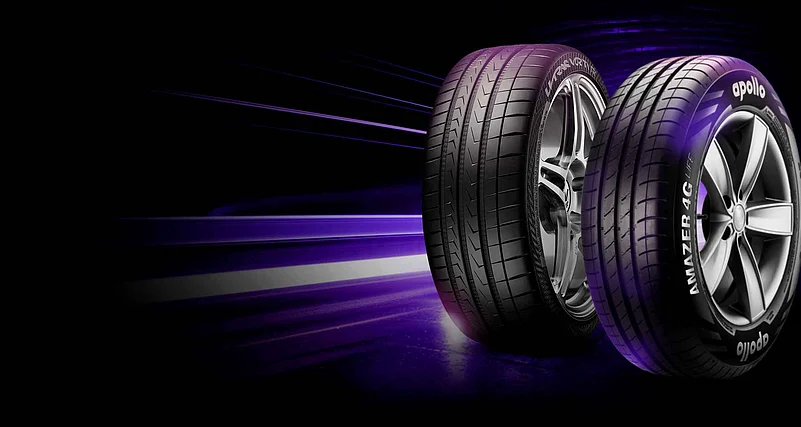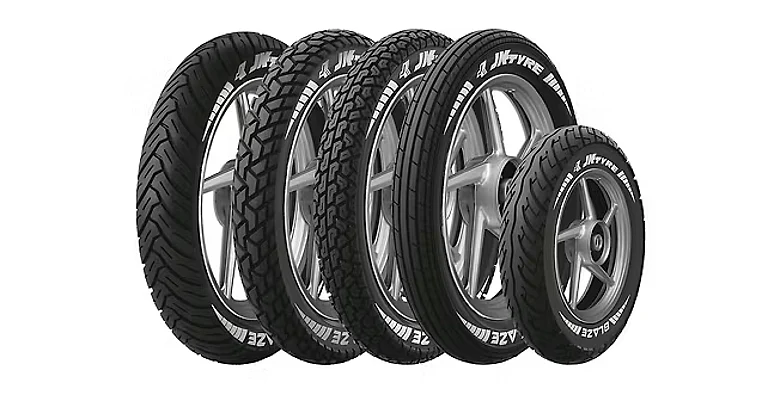Tyre exports from India grew 9 per cent year-on-year to Rs 25,051 crore in FY25 despite headwinds, including trade policy uncertainties and global supply chain disruptions, the Automotive Tyre Manufacturers Association said on Wednesday.
With nearly 40 per cent of the industry's natural rubber (NR) requirement met through imports due to limited domestic availability, the Automotive Tyre Manufacturers Association (ATMA) said there is an urgent need to accelerate domestic production through focused interventions to meet rising demand.
India's tyre exports in 2024-25 increased by 9 per cent year-on-year, reaching Rs 25,051 crore compared to Rs 23,073 crore in the previous fiscal, ATMA said, citing data released by the Ministry of Commerce.
With an estimated annual turnover of Rs 1 lakh crore and exports exceeding Rs 25,000 crore, the Indian tyre industry stands out as one of the few manufacturing sectors in the country with a high export-to-turnover ratio, it added.
"The tyre industry has exhibited remarkable resilience and growth post the COVID-19 downturn. Over the past 3-4 years, tyre manufacturers have invested approximately Rs 27,000 crore across greenfield and brownfield projects, underscoring their strong belief in India's economic trajectory," ATMA Chairman Arun Mammen said.
ATMA said Indian tyres are exported to over 170 countries, with a significant presence in the US, Europe, Latin America, and Southeast Asia. The US remains the top export market, accounting for 17 per cent of exports by value, followed by Germany (6 per cent), Brazil (5 per cent), the UAE (4 per cent), and France (4 per cent).
Segment-wise, farm/agricultural tyres and off-the-road (OTR) tyres dominate, together comprising nearly 60 per cent of the total tyre export value, it added.
While India has significant potential to further enhance tyre exports through competitive pricing, quality assurance, branding initiatives, and greater alignment with international certifications and standards, ATMA said, ensuring adequate access to NR remains a critical prerequisite for scaling up production and exports.
"Currently, nearly 40 per cent of the industry's NR requirement is met through imports due to limited domestic availability. Most of the domestically produced NR is absorbed by domestic consumers, leaving negligible volumes for export," it said.
Mammen said India's tyre industry is unique in its heavy reliance on NR, which is a sustainable material. While globally, synthetic rubber makes up 60 per cent of tyre industry consumption, in India, 60 per cent of the rubber used is NR.
"There is an urgent need to accelerate domestic NR production through focused interventions to meet the rising demand...which is expected to touch 20 lakh tonnes by 2030," he asserted.
To address the gap, ATMA said the tyre industry, under the guidance of the Ministry of Commerce & Industry, has partnered with the Rubber Board of India to launch Project INROAD.
Backed by Rs 1,100 crore in funding from four leading ATMA member companies, the project aims to bring 2 lakh hectares under NR plantation while also providing infrastructure and skilling support in India's rubber-growing regions, it added.
Despite these efforts, much more needs to be done to meet future NR demand, Mammen noted.
































